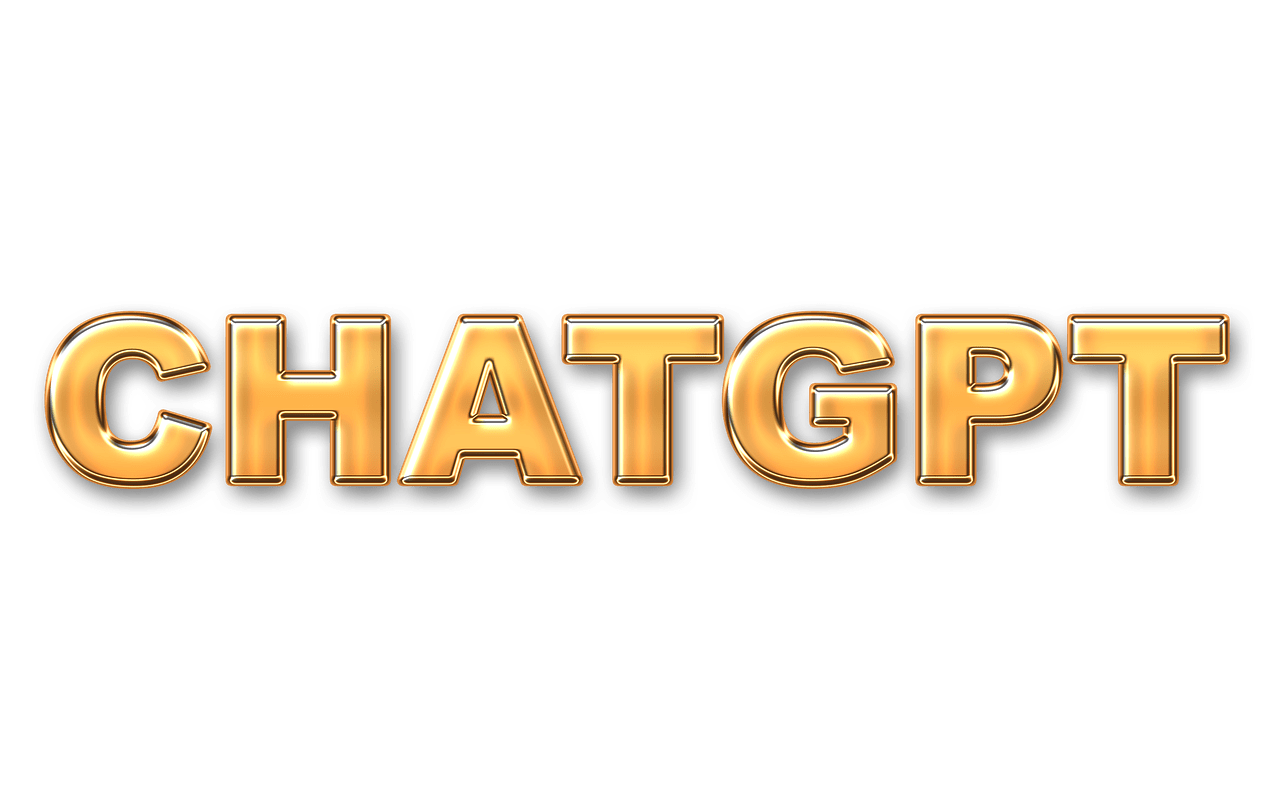(I’m republishing my favorite posts from the second half of 2023. You can see them all here)

TheDigitalArtist / Pixabay
I’ve since added a new piece, too: NEW GUIDANCE I’M GIVING MY STUDENTS ON CHATGPT USE – WE’LL SEE HOW IT GOES
My IB Theory of Knowledge students are writing their practice essay now, and here’s the guidance I gave to them about ChatGPT (help me make it better!):
If you have access to ChatGPT, and if you want to use it, after you have written your first draft, you can use it to help improve your essay.
One way is by pasting your essay into ChatGPT. Then write, “Identify and correct any grammar or punctuation errors.”
Then, review its corrections and decide if they make your essay better. If they do, then use them. Don’t assume that all of ChatGPT’s ideas are good ones. Remember, you want your essay to emphasize your voice, not ChatGPT’s voice.
Another way is to copy-and-paste individual paragraphs into ChatGPT. Then, write, “Please provide additional examples and evidence to strengthen this paragraph.”
Then review its suggestions and decide if they make your essay better. If they do, do not just copy them. Put the suggestions into your own words. Again, the idea is to use ChatGPT to strengthen YOUR voice. Remember that many citations from ChatGPT do not exist, so you need to double check any sources.
A TOK essay for IB is written for a specific audience – the IB Examiner, who may spend very limited reviewing it. This essay outline is designed for that audience, so some suggestions for a general essay may not work well for it.
If you do use ChatGPT, please list ChatGPT under references, the date you used it, and how you used it.
Keep in mind that your essay will need to include personal connections, and refer to topics we covered in class. ChatGPT is not likely to be able to help you with this. We have already discussed about how it tends to invent references that don’t exist. As I said in class, if you ask it to write about education based on the writings of Larry Ferlazzo, half of its references may be to articles and books I have not written.
All essays will be reviewed by a ChatGPT checker, which is not perfect, but has at least an 85% chance of detecting if ChatGPT has written part or all of the essay.
I’m adding this info to THE BEST POSTS ON EDUCATION & CHATGPT.
ADDENDUM: Here are the instructions Bonnie Nieves gives (she gave me permission to share them here):
When I have students use ChatGPT for feedback on science writing, the pauses occur at two points the draft phase and before final submission.
Pause 1 Draft: Students use the prompt “You are an expert in the field of [topic]. I want you to examine this report and let me know how well it explains [targets]. Provide suggested further research including links. Here is the report” [paste report text].
Pause 2 Final: Students return to the same chat thread and use this prompt “I have made edits. Do these edits improve the article?” [paste updated report text].
After reading the output from ChatGPT use the prompt “Do you have any suggestions on grammar and clarity?”
The outputs from these prompts provide “expert” feedback on the content without directly suggesting changes to the text. I have found that this provides just enough support for students to be able to move forward on their own.



Recent Comments